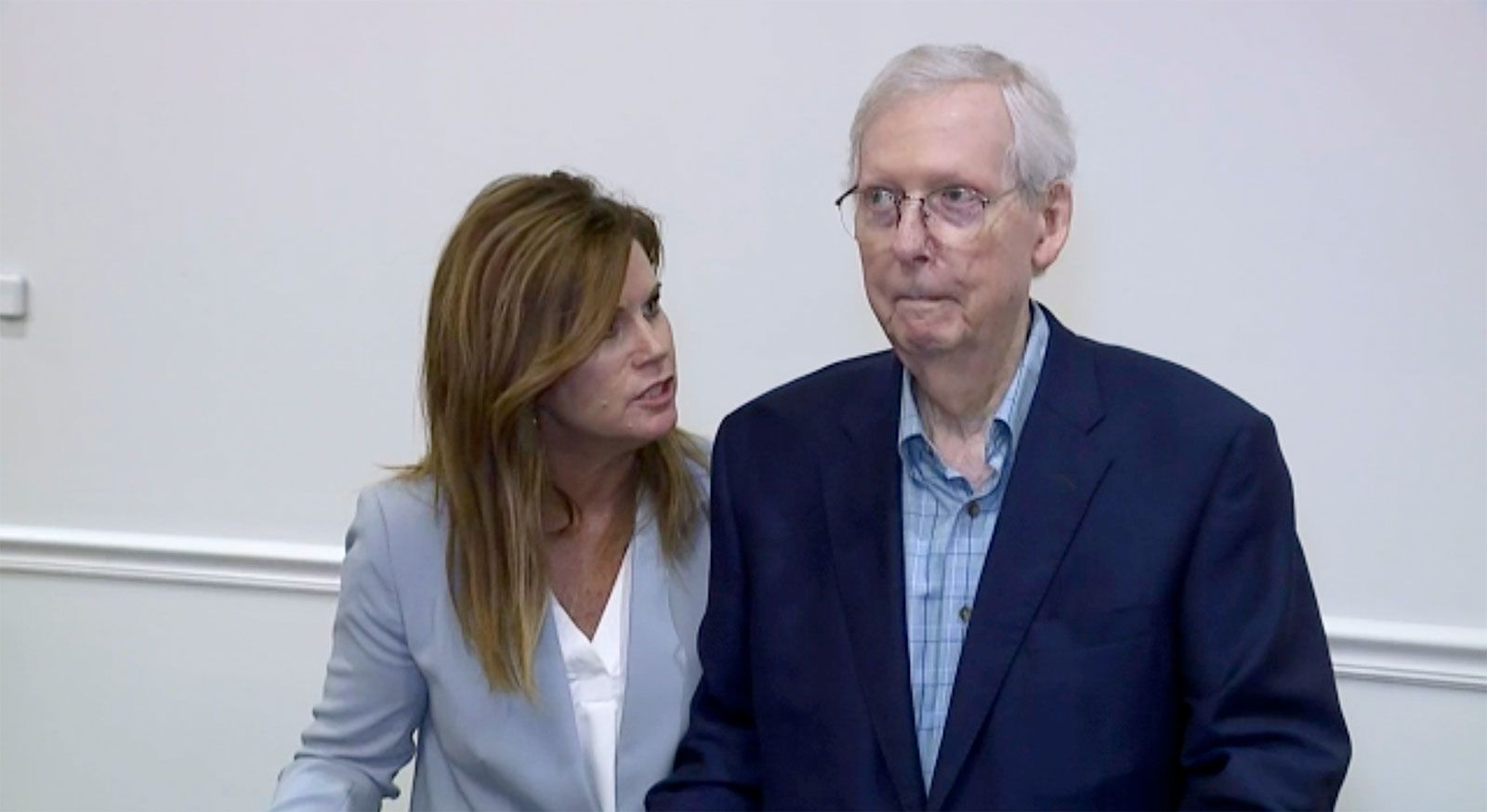In November 2024, Senate Republicans appointed Mitch McConnell as chairman of both the Senate Rules Committee and the Senate Appropriations Subcommittee on Defense for the 119th Congress. These influential positions grant McConnell significant control over legislative procedures and defense spending, raising concerns among conservatives about potential obstacles to President Trump’s policy initiatives.
McConnell’s Political Influence
Mitch McConnell, a Republican from Kentucky, has been a central figure in U.S. politics for decades. First elected to the Senate in 1984, he has served as both Senate Majority Leader and Minority Leader, navigating complex political landscapes with a focus on strategic alliances and legislative achievements.
Advocacy for Big Government Initiatives
Throughout his career, McConnell has supported various initiatives that expand the federal government’s role, often aligning with Democratic priorities. His backing of significant spending bills, such as the $1.3 trillion omnibus spending package in 2018, exemplifies his willingness to endorse substantial government expenditures. This approach has drawn criticism from fiscal conservatives who advocate for limited government intervention.
The Uniparty Allegations
Critics have labeled McConnell as part of the “Uniparty,” a term used to describe perceived collusion between establishment Republicans and Democrats to maintain the status quo. His bipartisan collaborations, while facilitating legislative progress, have fueled concerns about undermining conservative principles. For instance, his cooperation with Democrats on criminal justice reform and infrastructure bills has been viewed by some as compromising core Republican values.
Tensions with the Trump Administration
McConnell’s relationship with President Trump has been complex. While he supported key aspects of Trump’s agenda, such as tax cuts and judicial appointments, he also opposed certain initiatives. Notably, McConnell expressed reservations about Trump’s proposed use of recess appointments to bypass Senate confirmations, indicating a preference for traditional legislative procedures.
Recent Developments and Conservative Concerns
The recent appointments to chair the Senate Rules Committee and the Senate Appropriations Subcommittee on Defense have intensified conservative apprehensions. These roles provide McConnell with substantial control over legislative operations and defense funding, areas critical to advancing or hindering the administration’s policies. His history of bipartisan deal-making suggests a potential for moderating or obstructing conservative initiatives.
The Path Forward
As McConnell assumes these influential positions, the balance between bipartisan cooperation and adherence to conservative principles will be closely scrutinized. His leadership will play a pivotal role in shaping the legislative landscape, impacting the direction of federal policies and the effectiveness of the administration’s agenda.
Sources:
- GOP Senators Hand Mitch McConnell Power to Derail Trump’s Agenda
- McConnell’s Role in the Uniparty
- McConnell’s Support for Big Government Initiatives

